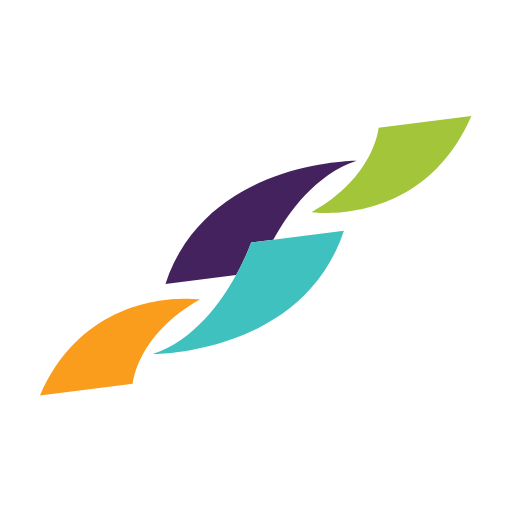Educational Equity
Safe and Caring Surrey Schools
SOGI-Inclusive Education provides a road map for our diverse landscape. The term "SOGI" has been adopted to identity two prohibited areas of discrimination within the Human Rights Code: "Discrimination based on sexual orientation" and "Discrimination based on gender identity or expression". In 2016, Education Minister, Mike Bernier, required all British Columbia school districts and independent schools to bring their anti-bullying policies into alignment with the Human Rights Code by adding explicit protections for 2SLGBTQ+ students. The Surrey School District's Safe and Caring Schools Regulation 9410.2, created in 2012, honours the idea that students' physical and emotional safety is foundational to their learning and that it can be realized through a long-term commitment to ensuring schools have prevention and intervention strategies in place.
SOGI is not a curriculum. SOGI-Inclusive Education is an approach that fosters a safe, respectful and inclusive learning environment for all students, regardless of their sexual orientation or gender identity. It promotes diversity, empathy, and respect, fostering a welcoming and inclusive learning environment for every child. The Surrey School District believes in the rights of all students to see themselves represented in what and how they learn. Teachers take care to ensure that all subjects are taught in an age-appropriate manner.
We are actively committed to maintaining a working and learning environment that supports and protects all of our human rights. Please read Regulation 9410.2.
SOGI 123
SOGI 123 is a set of tools and resources created by the ARC Foundation in collaboration with the Ministry of Education, BC Teachers' Federation, UBC Faculty of Education, and many school districts across BC to help create safe and inclusive schools for all students. SOGI 123 consists of three pillars, developing inclusive policies and procedures, creating inclusive environments, and providing access to SOGI-Inclusive resources.
All 60 school districts in British Columbia support the use of these resources by students, parents, and educators. While neither SOGI nor SOGI 123 are prescribed curriculum, teachers are encouraged to integrate them throughout their practice to create safe, welcoming, and inclusive learning environments. SOGI is thus embedded--there are no SOGI "units"; inclusion is not optional.
See the SOGI 123 parent brochure in:
- English Parent/Guardian Brochure
- Punjabi Parent/Guardian Brochure
- Cantonese Parent/Guardian Brochure
- Mandarin Parent/Guardian Brochure
- French Parent/Guardian Brochure
Resources:
- SOGI-PSST (Safe Schools)
- SARAVYC Research-based resources on 2SLGBTQ+
- Pride Education Network's resources
- GLSEN resources for educators & students
Community Resources:
- PFLAG Canada in Surrey - supports for parents and families of 2SLGBTQ+ children and youth
- Qmunity - for people from the 2SLGBTQ+ community to meet, guide, and support one another
- Sher Vancouver- non-profit society for 2SLGBTQ+ South-Asians and their friends, families and allies
- Transcare BC- Provincial Health Services Authority supporting transgender individuals
CONNECT WITH US:
If you have any comments, questions, or suggestions, please feel free to contact us.
Priority Practices - Department Contact
email: CI-office@surreyschools.ca ph: 604-595-5325







